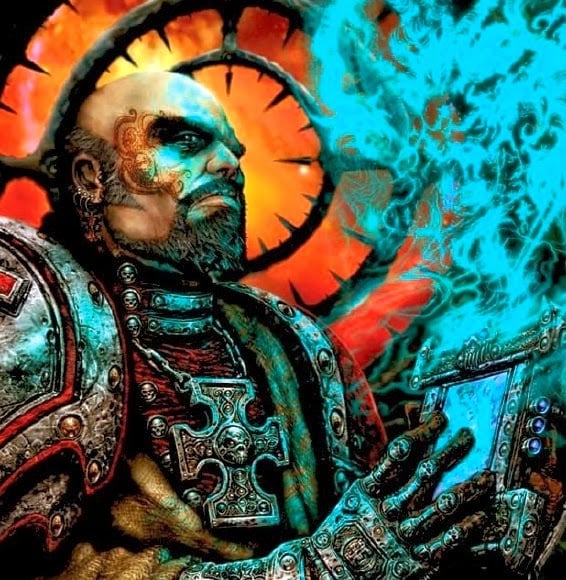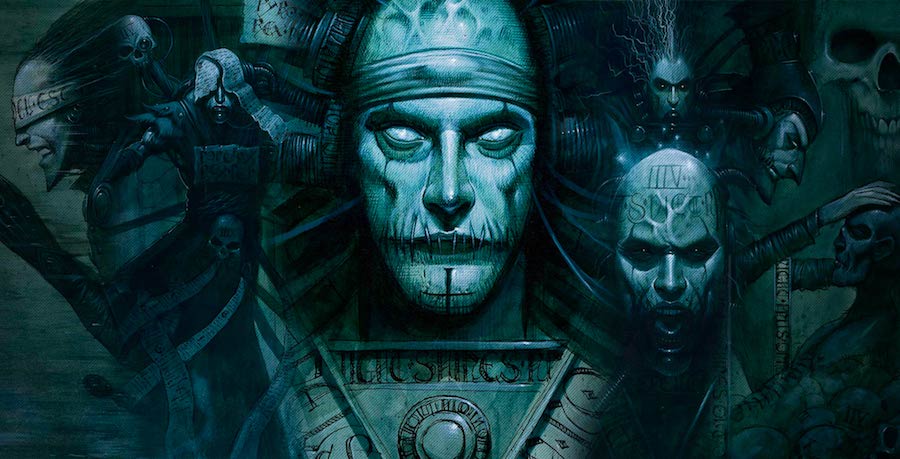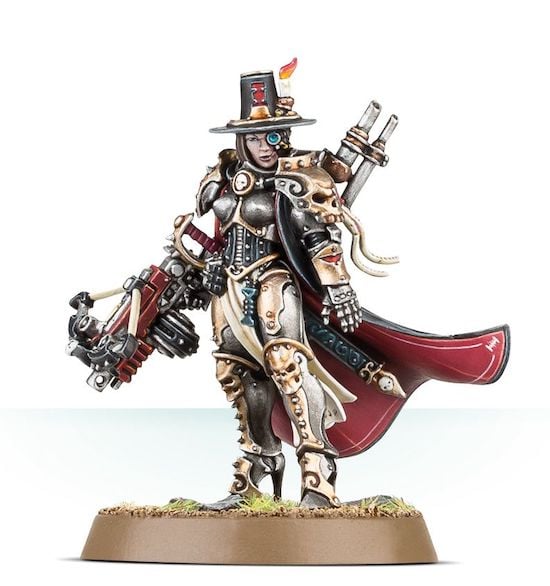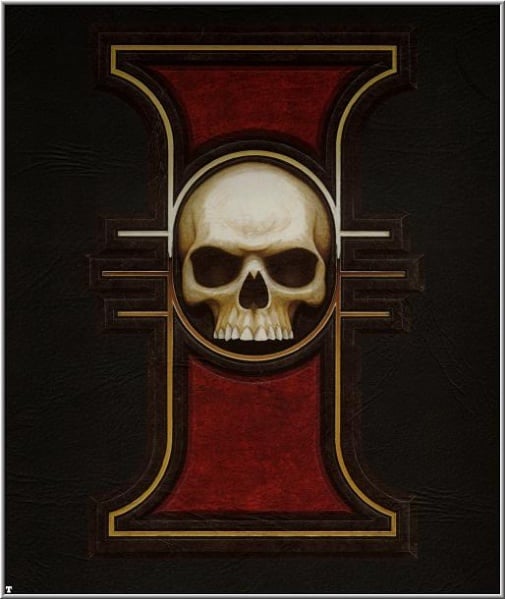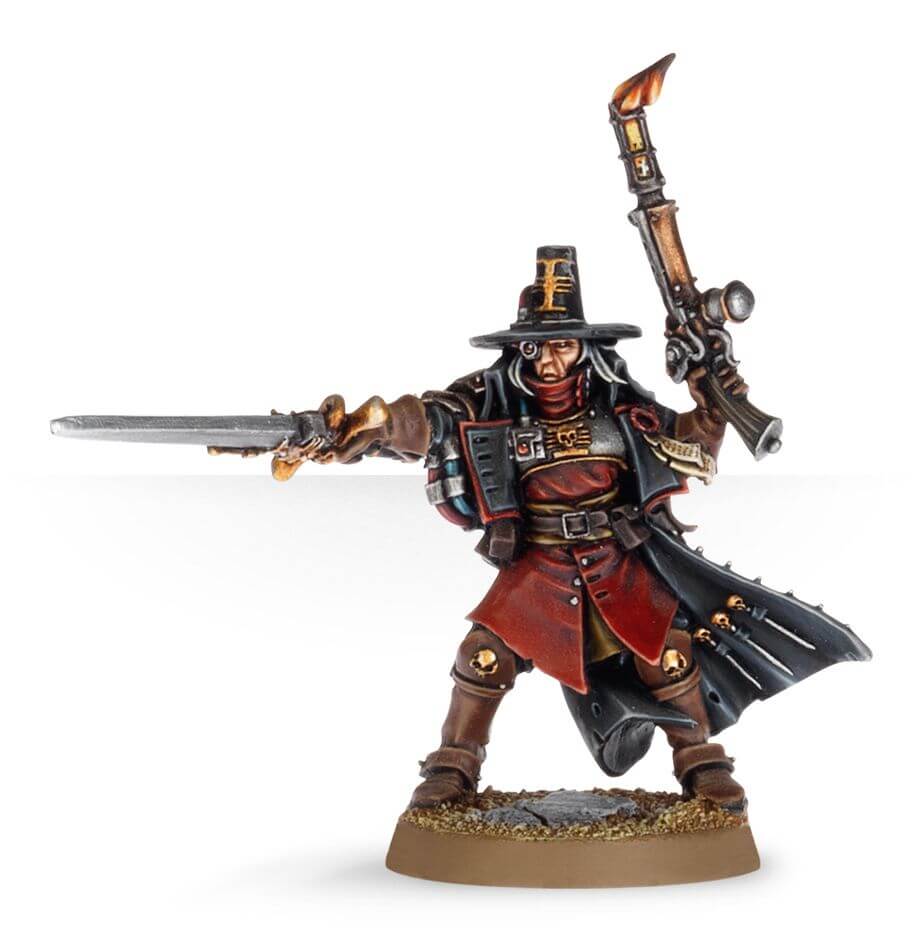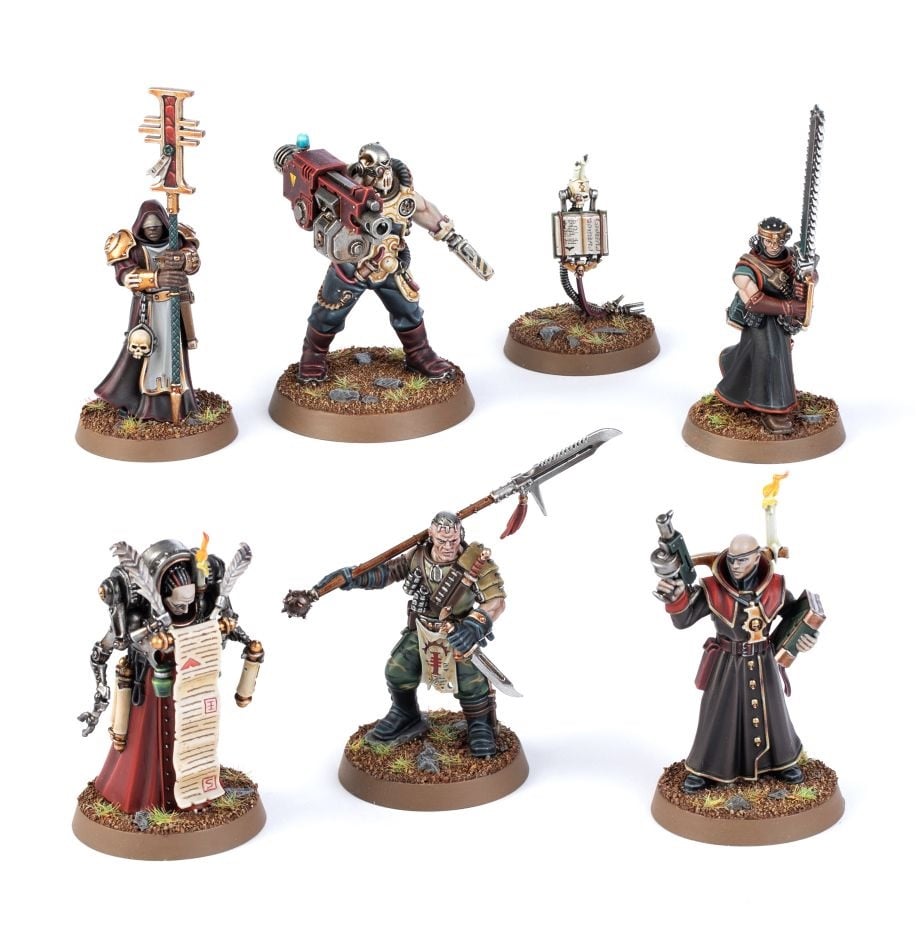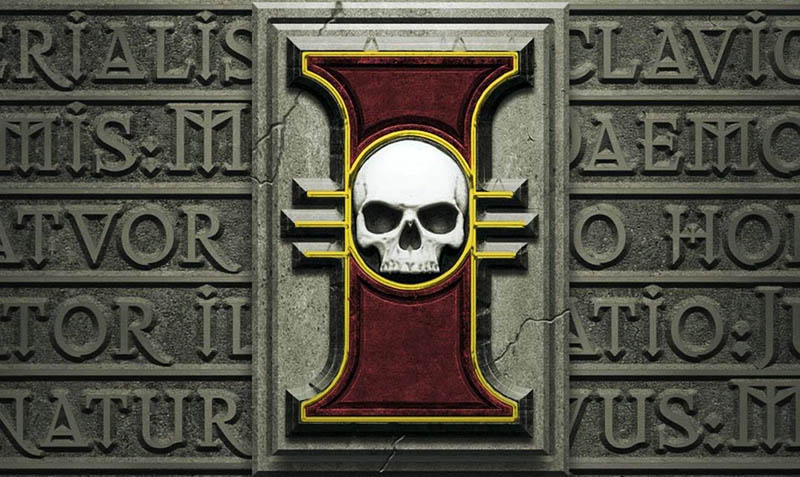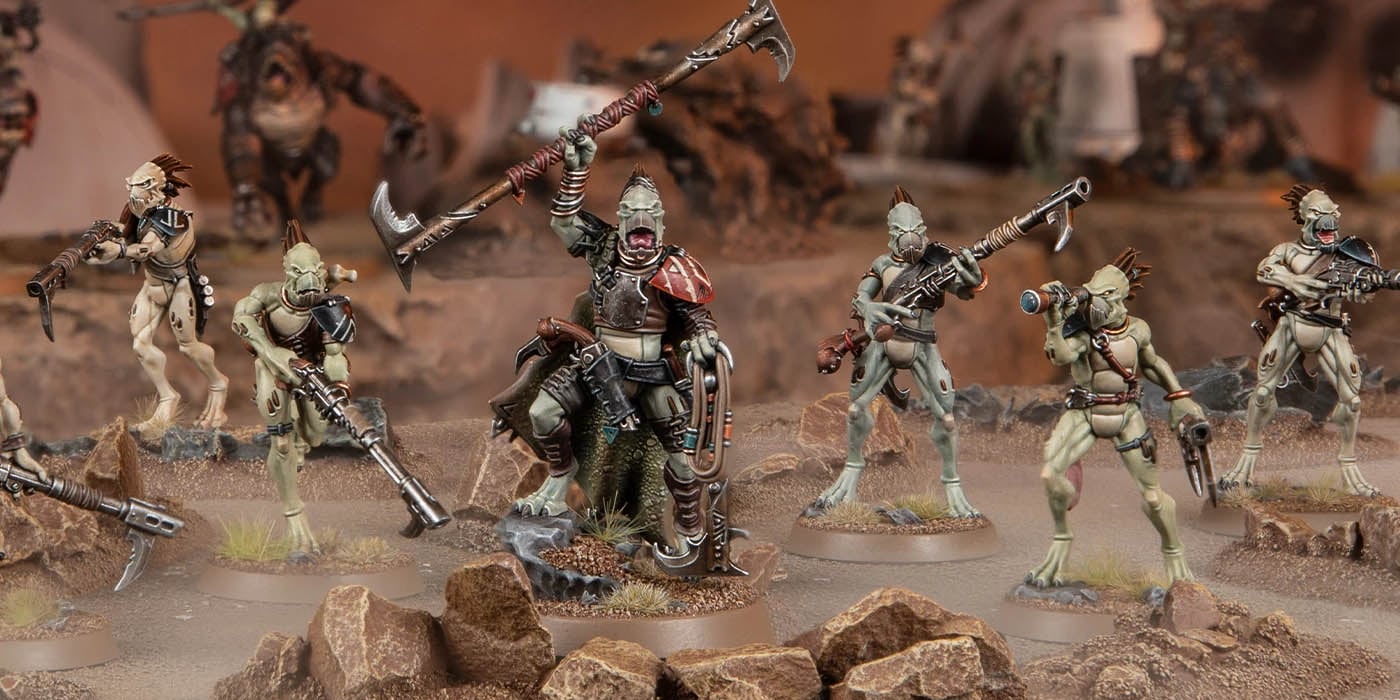Warhammer 40K: Know Your Inquisitors
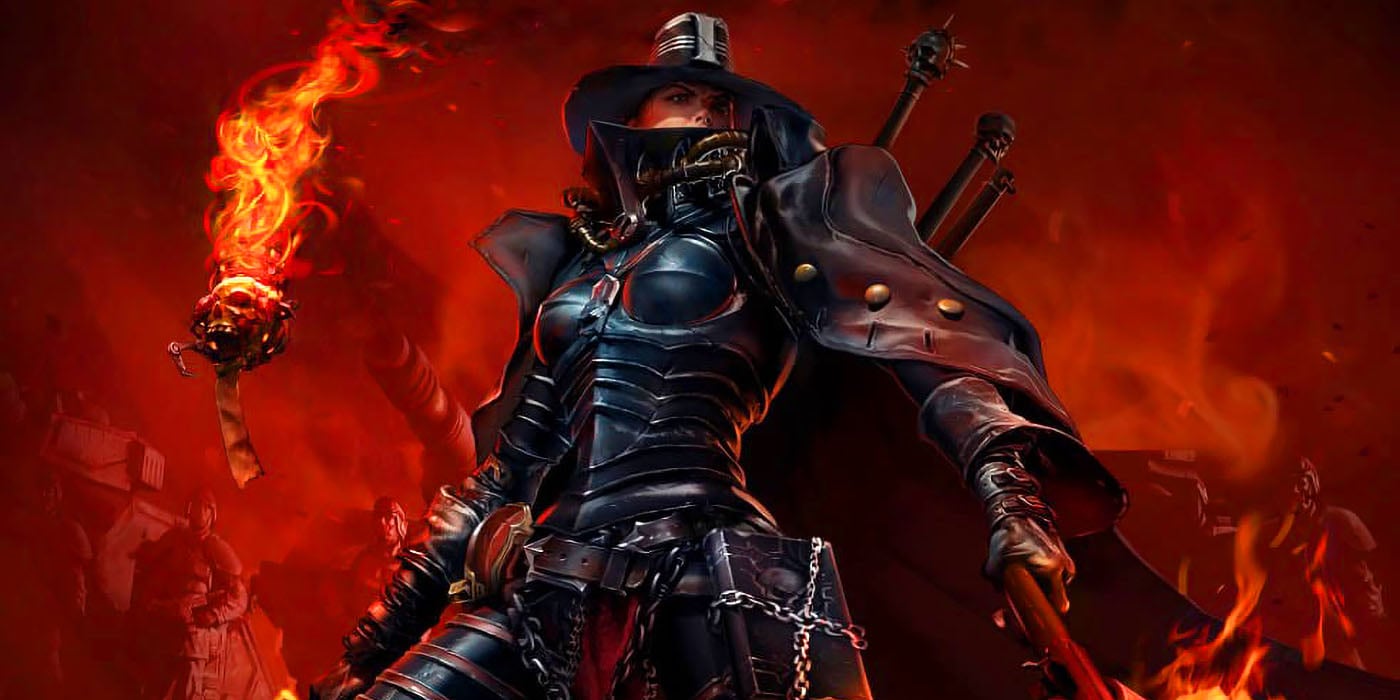

Today we delve into the most feared men and women who walk the Imperial Streets – the ever vigilant Inquisitors.
Inquisitors are members of the Inquisition, the organization responsible for investigating and dealing with all potential threats to the Imperium and to humanity.
Inquisitorial Recruitment
Potential Inquisitors come from all walks of life, from humble agri-workers’ sons to highborn nobles’ daughters, but are usually drawn from the Progena of the Schola Progenium who show the most promise.
As is the case with all other aspects of the Inquisition, the power to recruit is not centralized, but left in the hands of individual Inquisitors. Some are known to not recruit at all and instead spend their years of service in pursuit of their enemies and dedicate their hours to duty for the rest of their lives. Others, however, feel that it is one of their many burdens to bring about the next generation of Inquisitors who are destined to carry forth the battle that the Inquisition must wage. Ultimately, the matter is left to the judgment of the individual Inquisitors, who are subject only to the scrutiny of their peers. A majority of Inquisitors typically leave matters to chance or perhaps to fate in regard to picking a suitable candidate from amongst the groups of individuals whose paths cross that of the Inquisition. There are a number of Inquisitors who are more rigorous in regard to the pursuit of apprentices and will spend a proportion of their time seeking suitable candidates – sometimes from the ranks of other Imperial organizations.
Inquisitorial Apprentices
There exists no set criteria in regard to the physical condition of a possible Inquisitorial candidate when being selected to join the ranks of the Inquisition. All that is required is proof of intelligence and loyalty, which are key factors in such a choice, though there is no proper method of judging these attributes until later in the candidate’s life. However, there may exist extraordinary circumstances which lead to an Inquisitor choosing a boy or girl whilst they are still in their teens, though this is only the case if the subject shows exceptional ability. Generally, an Inquisitor will take note of an individual if they are a free-thinking person with willpower and determination, as well as unflinching principles. If a suitable candidate is found, they will become part of the Inquisitorial retinue where they may serve in a minor capacity whilst the Inquisitor continues their evaluation. Those who later prove their worth whilst working with the Inquisitor can be taken into the greater confidence of their lord or lady Inquisitor patron.
Over the years that pass by, the Apprentice will begin to learn what they can of an Inquisitor’s knowledge and their many duties. Certain Inquisitors often refer to these semi-skilled individuals as Interrogators, though they are more commonly known as Novitiates, Neophytes, and Approbators. At this stage, the individuals can undertake missions of their own or control operations in concert with their master or mistress, though ultimately, they are still subordinate to them until the Inquisitor fully invests in them. Under normal conditions, it is required that the consent of three Inquisitors or an Inquisitor Lord is needed to bestow the full powers of an Inquisitor on an Apprentice as well as grant them the Inquisitorial Seal. Whilst this is typically done, there have been occasions which warrant an Apprentice taking full Inquisitorial powers immediately. This is likely the case where the Inquisitor in charge has been killed and the Apprentice inherits their master or mistresses’ position.
Apprentices may pass from one Inquisitor to another as fate dictates and through this way, the ideals their Inquisitors are passed and spread during the generational growth. This, in turn, allows the factions and institutions of the Inquisition to propagate across the centuries. In addition to philosophy, the student also learns what their teacher knows of the internal workings of the Inquisition. An important tradition amongst Inquisitors is to earn the knowledge that is theirs as well as the respect of their peers. However, such knowledge cannot be freely given, and it cannot be taken without effort, as that would devalue the knowledge itself. This goes in line with the saying “Knowledge is Power; Guard it Well.”
Inquisitorial Acolyte Accendancy
All Inquisitors begin as Acolytes, apprentice-Inquisitors given over to the tutelage of a more experienced member of the Inquisition. Acolytes accompany a fully experienced Inquisitor in his Inquisitorial duties. He may perform a number of tasks such as warrior, scribe, and interrogator. After a set amount of time, his master will give him a recommendation to the Ordos of the Inquisition to advance his pupil to full Inquisitorial rank. After this, the Acolyte is a full Inquisitor and begins his own agenda and operations. Although the Acolyte/Inquisitor is no longer bound to his old master, they will have formed a bond and may work together and help one another in the future.
Inquisitorial Ranks
From highest to lowest
- Inquisitorial Representative – The Inquisitorial Representative is the voice of the Inquisition on the Senatorum Imperialis. Although the role does not bring any additional authority above that of Inquisitor Lord, it does put the holder in a position of unrivaled power and authority due to the influence he has at the highest levels of power. The Inquisitorial Representative is nominated from amongst the Inquisitor Lords of the sectors surrounding Terra, and Inquisitors that have filled this role are referred to as an Inquisitor Lord Terran. It is not unusual for several Inquisitor Lords Terran to share the role of Inquisitorial Representative at the same time. The maximum term that an Inquisitor Lord Terran can serve on the Senatorum is five years, after which they must stand down.
- Grandmaster – The title sometimes given to the Inquisitor Lord who runs a sector or sub-sector Conclave; the Inquisitorial authority for a specific sector of Imperial space.
- Master – Where an Ordo has a strong presence in a sector or sub-sector, the senior Inquisitor Lord of each Ordo may be given the title “Master”. Their role is to oversee and guide the activities of members of their Ordo and provide counsel to the Grandmaster. Upon the death of a Grandmaster, a successor is chosen by secret ballot between the three Masters.
- Inquisitor Lord – Also known as Lord Inquisitors or High Inquisitors, Inquisitor Lords exist to help maintain the integrity of the organization and to watch over and guide its members. The title is a recognition of an Inquisitor’s power and influence rather than an absolute rank and is more a formalization of a position enjoyed by the Inquisitor rather than an actual promotion. Promotion to the ranks of Inquisitor Lord is by invitation only; an Inquisitor must be nominated by an existing Lord and have his nomination approved by two others. It is an honor that is only extended to those that have proven their courage, ability, loyalty, and integrity numerous times. Although the rank of Inquisitor Lord in itself brings no temporal authority, it is likely that such a respected and influential Inquisitor will have some measure of control over resources within the Inquisition or his Ordo and his control of those resources will give him some measure of authority over Inquisitors who wish to use them. For example, a Lord Inquisitor may oversee the activities of all Inquisitors operating in the region covered by a regional Conclave, or he may orchestrate and monitor the activities of Inquisitors who are part of an Ordo or Cabal.
- Inquisitor – The Inquisitor ordinary. The vast majority of the Inquisitors are of this rank.
- Interrogator – The final stage for an Inquisitor in training. Interrogators are both capable and strong, having a tremendous will to survive battle alongside their mentors.
- Explicator – The first step of an Inquisitor in training, they learn how to extract information using torture under the direction of their mentor Inquisitor.
- Legate Investigator – Some Ordos, such as the Ordos Calixis, make use of Acolytes gifted with a formal carta of inquiry and a Sigil of Question, giving them the formal authority of the Inquisition for the duration of a particular investigation.
- Prime – The lead Acolyte of an Inquisitorial cell.
- Throne Agent – The most trusted members of an Inquisitor’s retinue, Throne Agents have ascended to join the ranks of the Inquisition itself, and have both power and responsibility accordingly.
- Trusted Acolyte – Often given positions of responsibility, such as running an Inquisitor’s facilities while they are away or operating in long-term undercover operations.
- Proven Acolyte – After a cell has completed several successful missions, they are inducted more fully into the workings of the Inquisition and can operate more interdependently.
- Acolyte – Servants and aids of Inquisitors. Though not of the rank of Inquisitors, they are nonetheless considered agents of the Inquisition.
Inquisitorial Retinues
Inquisitors have the right to call on the services of any citizen or servant of the Emperor. Often an experienced Inquisitor, or one in need of specific services (depending on the current situation at hand), will have a retinue of henchmen that he has deemed most useful. These retinues are made up of individuals drawn from citizens with unique and useful talents, and from the ranks of all Imperial institutions, such as the Ecclesiarchy and Adeptus Mechanicus. The full list of known henchmen types is described below:
- Acolytes – Apprentice-Inquisitors; in game terms they are useful for taking damage. Acolytes are in training to become full-fledged Inquisitors.
- Chiurgeons – Members of the Orders Hospitaller or just those trained in the medical field to assist in interrogation and torture; useful in combat for healing wounds suffered by the Inquisitor.
- Familiar – Familiars are artificial constructs, boosting the psychic prowess of inquisitors and allowing him faster initiative. (In Inquisitor these are characters’ equipment, not members of the warband.)
- Hierophant – Fanatical members of the Ecclesiarchy, they boost the faith of the Demonhunters they are in service to and chant exorcisms and prayers that can cause agony to nearby daemons.
- Mystic – Psykers used by Inquisitors to detect the presence of daemonic creatures.
- Penitent – When a Witch Hunter makes a heretic psyker repent his sins (a notably rare event), he can become what could be called a “psychic lightning rod”, used to absorb the psychic attacks of other heretic psykers and protecting the Inquisitor and his retinue in battle.
- Sage – Battlefield logisticians.
- Savant – Repositories of useful knowledge.
- Warrior – Bodyguards and gunmen.
Especially helpful, competent, or attractive retainers may become permanent members of an Inquisitor’s retinue. Note that this list is not exhaustive as many different kinds of individuals with many different personalities and jobs have been seen in the employ of Inquisitors in fiction, including Navigators, mechanical technicians, bounty hunters, daemonhosts and assassins. This allows for Inquisitorial Retinues and the Inquisitors themselves to be highly characterful models with different personalities, weapons, histories and attitudes.
List of Known Inquisitors
~Who is your favorite Inquisitor – and WHY!

